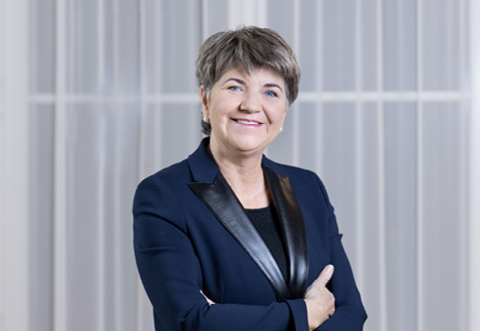In a linguistic shift that could redefine multilingual Switzerland, English is increasingly becoming the country’s second national language. This trend is evident across various demographics and regions, with a significant portion of the Swiss population now using English regularly.
Recent data reveals that English is the most commonly used non-national language in Switzerland, with 45% of the population reporting regular use. This surpasses the usage rates of traditional national languages like French (39%) and Italian (15%). The trend is even more pronounced in certain areas, such as the canton of Zug, where 14.1% of residents primarily speak English, making it the most Anglicized region in Switzerland.
Increasing Dominance of English: Netflix, Business and Commerce
The increasing dominance of English is not limited to personal communication but extends to business and commerce as well. Anecdotal evidence from Zurich highlights situations where local residents, like Simon König, encounter language barriers in everyday transactions, such as buying glasses, where service staff could only communicate in English.
This shift is partly attributed to the global influence of English through social media, streaming services like Netflix, and the prevalence of English in educational settings. The trend towards English over national languages in educational institutions has sparked debates about the future linguistic landscape of Switzerland.
Potential Divisions
The rise of English poses questions about the potential cultural and social divisions that might emerge due to varying language proficiencies among different age groups and traditional language regions. For instance, only 15% of the Swiss population aged 75 or above use English weekly, which could lead to generational divides in language use and cultural engagement.
Looking Ahead
As Switzerland continues to navigate its identity as a multilingual nation, the role of English is likely to be a key factor in shaping its cultural and linguistic future. The ongoing debate will likely focus on finding a balance between embracing global linguistic trends and preserving the rich heritage of Switzerland’s national languages.





